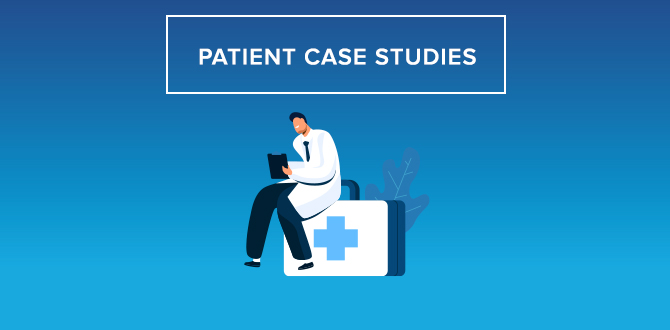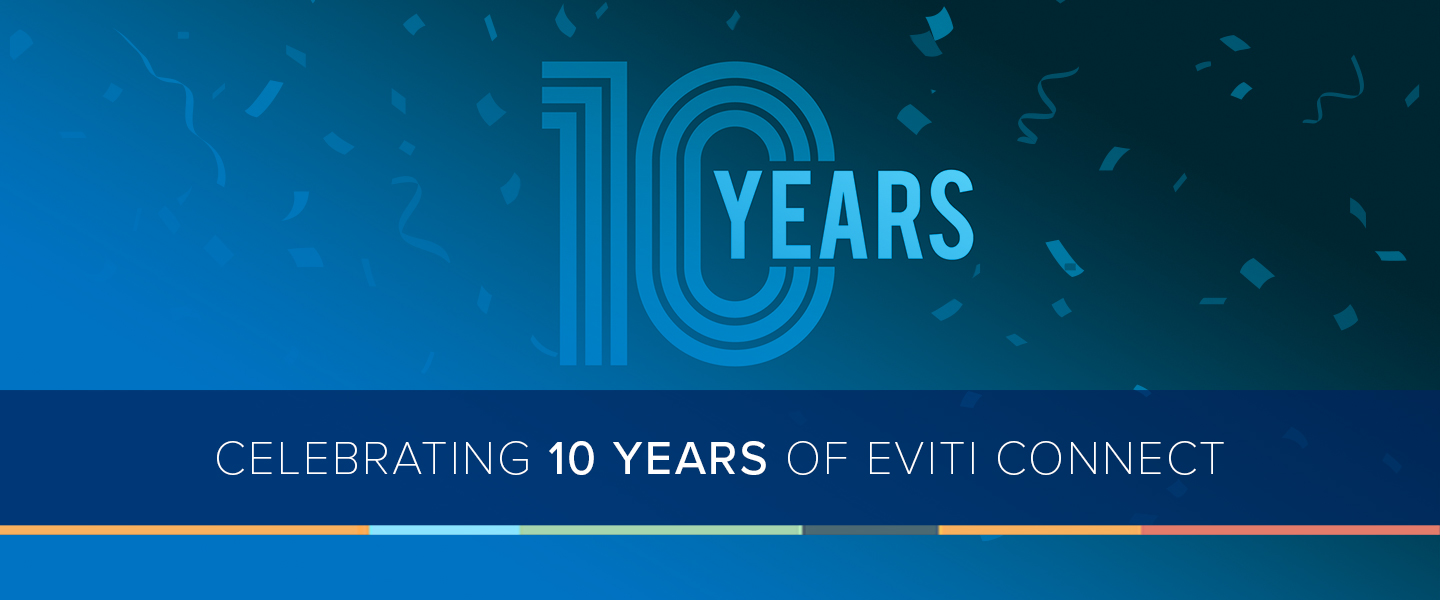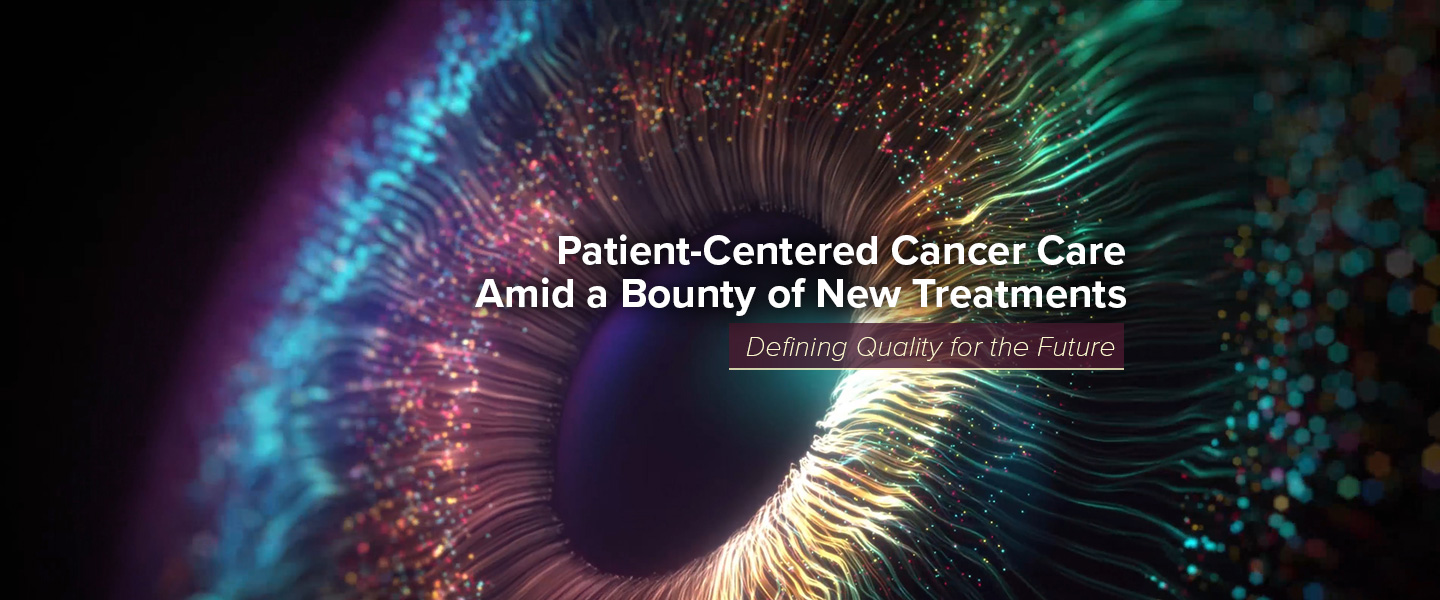They’re often called the four “pillars” of cancer treatment because of their prevalence. Physicians have used surgery, chemotherapy, radiation therapy, and immunotherapy to help eradicate or mitigate the effects of this deadly disease for years.
A newer therapy has been added to the mix, with tremendous potential but higher costs.
The therapy is called chimeric antigen receptor (CAR) T-cell therapy, which involves genetically modifying a patient’s immune system to attack cancerous cells.
CAR T-cell therapy is currently used for some cancers of the blood, including lymphomas, leukemia, and, most recently, multiple myeloma. However, recent studies have focused on using CAR-T therapy for solid tumors and other pathologic conditions, such as multiple sclerosis.
Normally, T-cells detect noncancerous “intruders” in a person, such as viruses or bacteria. However, genetically modifying these cells to recognize unique proteins present on the surface of cancer cells makes it possible to program the T-cells to destroy cancerous cells, leaving healthy cells alone.
To make this happen, T-cells are first taken from the patient’s blood (a procedure called leukapheresis) and changed in the lab by adding a gene for a receptor called chimeric antigen receptor or CAR. These cells are then grown and multiplied in the lab. After the revamped T cells are “expanded” into the millions in the laboratory, they’re infused back into the patient. If all goes as planned, the CAR-T cells will continue to multiply in the patient’s body and, with guidance from their engineered receptor, recognize and kill any cancer cells that harbor the target antigen on their surfaces.1
The process, which is customized for each patient, is not inexpensive. The therapy typically costs about $450,000 per person, which may not include other professional charges and is very dependent on the payer’s contracted rates as well as the plan the patient has chosen.
There are significant potential side effects as well.
One of the most frequent and severe side effects is cytokine release syndrome (CRS), which can result in dangerously high fevers and precipitous drops in blood pressure. In some cases, severe CRS can be fatal. The other side effect of particular concern with CAR T-cell therapies is neurologic effects, including extreme confusion, seizure-like activity, and impaired speech. The cause of these neurologic side effects (also called immune effector cell–associated neurotoxicity syndrome, or ICANS) can be related to tumor burden, pretreatment monocyte levels, and pretreatment inflammatory markers.
Since 2017, six CAR T-cell therapies have been approved by the U.S. Food and Drug Administration (FDA).
- tisagenlecleucel (brand name – KYMRIAH®)
- axicabtagene ciloleucel (brand name – YESCARTA®)
- brexucabtagene autoleucel (brand name – TECARTUS®)
- lisocabtagene maraleucel (brand name – BREYANZI®
- idecabtagene vicluecel (brand name – ABRECMA®)
- ciltacabtagene autoleucel (brand name – CARVYKTI®)
Most CAR T-cell therapy is given in the second or third line or greater setting. Ciltacabtagene autoleucel and idecabtagene vicluecel are given to multiple myeloma patients, but not until the fifth line of therapy or greater. There are currently two-phase III trials studying these same therapies in earlier settings.2 The KarMMA-3 study is looking at idecabtagene vicluecel for relapsed/refractory myeloma in patients who have had 2-4 prior regimens, including daratumumab, a protease inhibitor and an immunomodulatory agent and the CARTITUDE-4 study is looking at ciltacabtagene autoleucel for patients with relapsed/refractory myeloma who have had 1-3 regimens containing a protease inhibitor and an immunomodulatory agent. If their endpoints are met, both trials could show these therapies could be delivered to the myeloma patient in the second or third plus line of therapy, much earlier in the patient’s disease than currently allowed.
What factors does NantHealth consider when validating whether CAR- T should be considered a viable treatment solution for a blood cancer condition?
NantHealth considers several factors when considering whether a particular CAR T-cell therapy should be recommended, and it varies depending on the cancer, its progression, the patient criteria, and the drug.
There are three cancers where CAR T-cell therapy could apply: lymphoma, leukemia, and multiple myeloma.
For lymphoma, the CAR-T therapies we use axicabtagene ciloleucel (Yescarta®), brexucabtagene autoleucel (Tecartus®), lisocabtagene maraleucel (Breyanzi®), and tisagenlecleucel (Kymriah®). For leukemia, we use Tecartus and Kymriah, and for multiple myeloma – idecabtagene vicleucel (Abecma®) and ciltacabtagene autoleucel (Carvykti®).
Each drug is considered for a specific situation. For example, Yescarta® is considered for adults in the second line setting with Large B Cell Lymphoma (LBCL, including DLBCL), primary mediastinal lymphoma, HIV-related b-cell lymphomas, and post-transplant lymphoproliferative disorders, who are either not responding to first-line chemoimmunotherapy or the patient has relapsed within 12 months of the first-line chemoimmunotherapy. It can be used in the third line or beyond for adults who are not responding or have relapsed after more than two lines of systemic therapy for DLBCL, DLBCL arising from follicular lymphoma, primary mediastinal large B-cell lymphoma, high-grade B-cell lymphoma, post-transplant lymphoproliferative disorders, and large B-cell lymphoma. The other CAR-T therapies have specific requirements as well.
CAR T-cell therapy is an expensive procedure. How does the cost factor into any decision to implement it?
If the patient meets the criteria and indications, their health plan will review and require prior approval. If the patient has no insurance, the facility and providers will look for potential charity care or manufacturer approval programs. The patient can also seek insurance through Marketplace options to get coverage. CAR-T therapy is a one-time treatment currently.
The main cost implication is for the insurer. While these new treatments are costly, patients can have long-lasting complete remissions if given to patients at the right time in the treatment paradigm. CAR-T indications require the patient to have had anywhere from 1-4 prior treatments. CAR-T continues to be studied, and there are 300 plus active trials. It is possible that a patient would be eligible for a clinical trial if the doctor’s office is asking for a specific CAR-T in a line of treatment that the FDA or NCCN does not indicate. In these cases, the physician’s office would work with the insurer to get coverage for their portion of the cost in the clinical trial.
What has been NantHealth’s experience with CAR T-cell therapy?
NantHealth has seen that these treatments are effective for the diseases indicated and will give the patient longer survival rates. As new CAR-T treatments have been added over the past few years, NantHealth has seen more cases come through from our clients. It is important that our medical office team have the latest up-to-date, evidence-based information on all requirements for CAR-T therapies.
Health plans look to NantHealth to validate that members are prescribed appropriate care for cancer. What does that level of responsibility mean to the clinical content team?
The NantHealth content team’s responsibility is to ensure that our Eviti library contains the most up-to-date information from the FDA and the National Comprehensive Cancer Network (NCCN). We also ensure that appropriate justifications for treatment questions are answered by the providers submitting their requests for approval or decision support.
What else should people know about how NantHealth’s clinical content team helps health plans validate prescribed oncology treatment with evidence-based medicine to improve member outcomes?
The NantHealth content team nurses ensure that our Eviti library is current with the latest treatments and/or new drugs per the FDA label. We will make or adjust existing regimens if old drugs have new indications, per the FDA and/or the NCCN. Another way the nurses find new or updated indications is during our annual review of every regimen in the library once a year. Each month, we look at several cancers and all the regimens in the library for those cancers. This monthly check allows us to make sure that the regimens we have in our library are still indicated and whether indications have changed from the original regimen. New drugs are added to the library as soon as the drugs are commercially available and available in our drug feed.
The nurses are in contact with our technical operations team to ensure this happens seamlessly and check on when drugs will be added to the drug feed. If a drug is delayed going to market, the operations team will give that information to the nurses. This does not stop the nurses from building these regimens with everything but the new drug. Once the drug is added to our drug feed, it is added to the regimen and reviewed by two nurses, followed by one of our oncologists and the Chief Medical Officer.
It is important that the content team at NantHealth remain vigilant in maintaining all new and updated regimens in the eviti library so that our clients and others in our medical office may access these regimens. Keeping the library up to date allows the client to see all the latest new evidence-based standards or updated regimens as endorsed by the National Comprehensive Cancer Network (NCCN) and FDA, along with the outcomes and toxicities of these regimens.
Learn More About Eviti
Eviti Connect for Oncology
To learn more about Eviti Connect for Oncology, check out our program guide below.
Sources
- 1 “CAR T Cells: Engineering Patients’ Immune Cells to Treat Their Cancers” was originally published by the National Cancer Institute.
- 2 Navigating the New Advances in CAR T-Cell Therapy: Clinical Applications for Nursing Practice, Slideset; clinicaloptions.com/oncology 11.17.22
Edited by Gene Pinder, Marketing Manager








